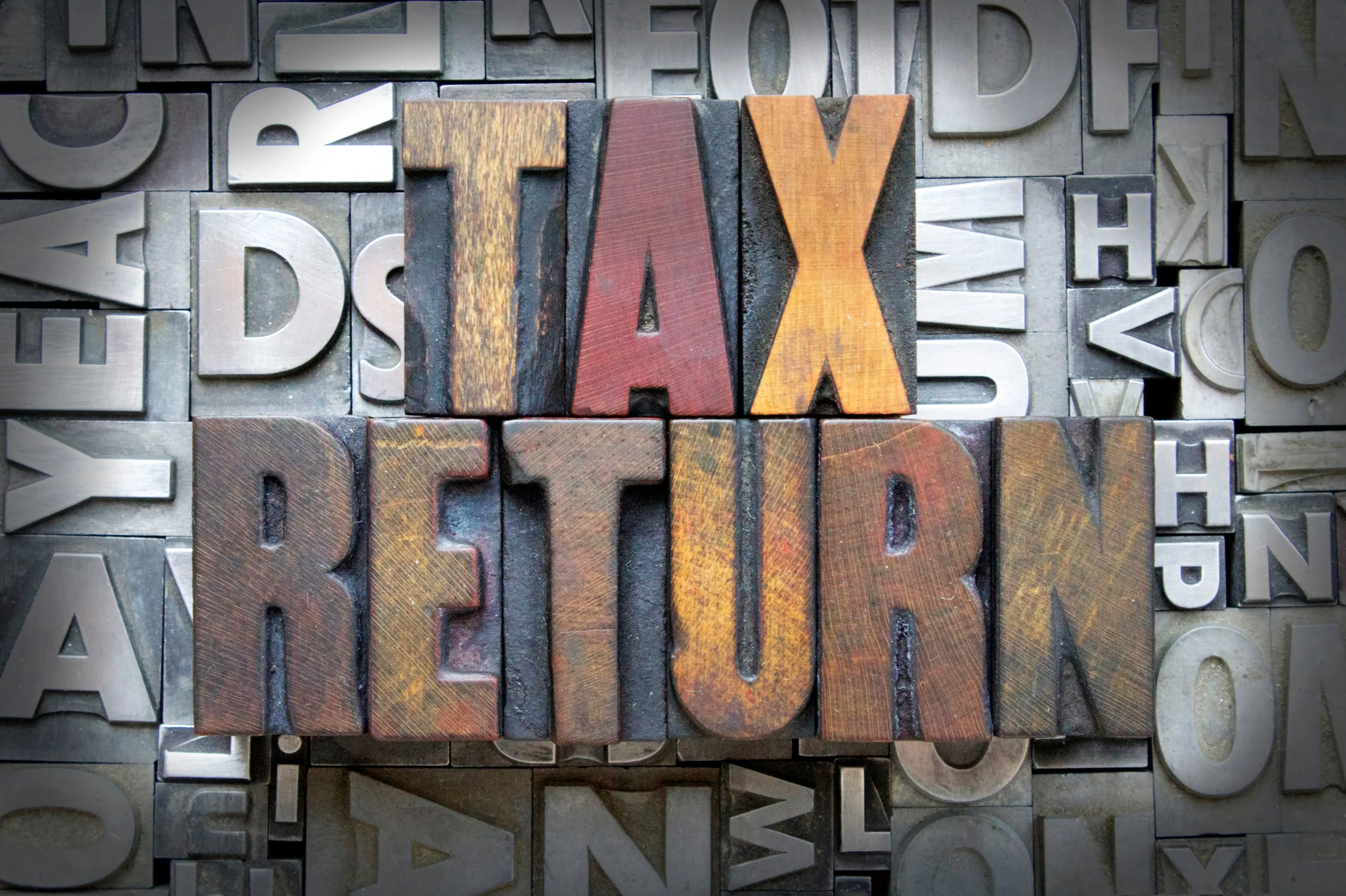How Long Should You Keep Tax Records
Taxes | IRS | Financial records | August 28, 2024
This Week's Quote:
"There is no substitute for hard work."
- Thomas Edis
Tax season can be stressful, with the looming deadline to file your tax return and the anticipation of any potential audits or inquiries from tax authorities.
One question often arises is how long you should keep your tax records. It's essential to balance maintaining necessary documentation for compliance and minimizing clutter.
This blog post will explore the guidelines for maintaining tax records and the factors that can influence your record-keeping decisions.
The Basic Rule: Three Years
The IRS recommends keeping your tax records for at least three years from the date you filed your return or the due date, whichever is later. This rule applies to most taxpayers and covers a wide range of tax-related documents, including:
Copies of filed tax returns
W-2 forms
1099 forms (e.g., for interest, dividends, or contractor income)
Receipts, invoices, and bills supporting deductions and credits
Bank statements and canceled checks
The three-year period is significant because it is typically the window during which the IRS can conduct an audit or assess additional taxes if they suspect discrepancies in your tax return.Special Circumstances: Extended Record Retention
While three years is the general guideline, there are some situations where you may want to consider retaining your tax records for a more extended period:
a. Unreported Income: If you failed to report income that should have been included in your tax return, the IRS can go back up to six years to audit and assess taxes on that unreported income. Therefore, keeping records related to unreported income for at least six years is wise.
b. Losses and Bad Debts: If you claim a loss on worthless securities or bad debts, you should keep records for seven years.
c. Property Records: Records related to property or real estate transactions, such as home purchases or improvements, should be retained until you sell the property. Keeping records for these transactions as long as you own the property can help establish your basis for capital gains tax purposes.
d. Records for Non-Filers: There is no statute of limitations if you failed to file a tax return or filed a fraudulent return. It's crucial to maintain records indefinitely if you fall into this category.Digital Records and Scanning
With technological advancements, many individuals and businesses have transitioned to digital record-keeping. Scanning and storing your tax-related documents electronically can be a convenient and space-saving alternative to physical paper files. Just be sure to follow proper security measures to protect your digital records from loss or unauthorized access.Organizing Your Records
Whether you keep physical or digital records, organization is key. Create a system that allows you to locate specific documents when needed easily. Use file folders, spreadsheets, or dedicated software to manage tax records.Shredding Old Records
Once you've determined that you no longer need certain tax records, you must dispose of them properly to protect your personal information.
Shredding paper documents and securely deleting digital files is recommended.
Knowing how long to keep tax records is crucial for staying compliant with tax regulations while maintaining an organized financial record-keeping system. While the three-year rule applies to most taxpayers, exceptional circumstances may warrant extended record retention periods.
By staying organized and understanding the guidelines, you can confidently navigate tax season. If you have any doubts or unique situations, consult a tax professional to ensure you follow the appropriate record-keeping practices for your needs.
Credit goes to The dedicated team of editors and writers at Newsletter Station, published in the Balance Sheet Bulletin on May 1, 2024
Thank you for all of your questions, comments and suggestions for future topics. As always, they are much appreciated. We also welcome and appreciate anyone who wishes to write a Tax Tip of the Week for our consideration. We may be reached in our Dayton office at 937-436-3133 or in our Xenia office at 937-372-3504. Or, visit our website.
This Week’s Author, Belinda Stickle

